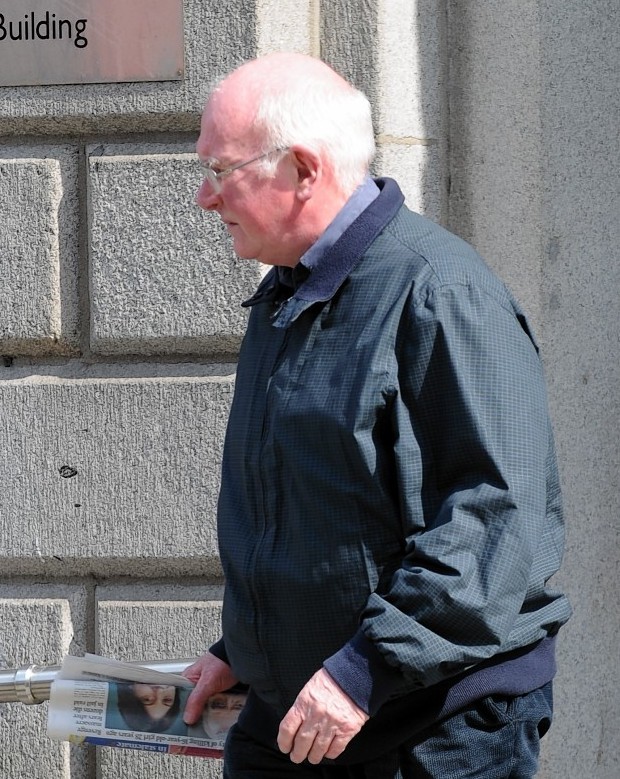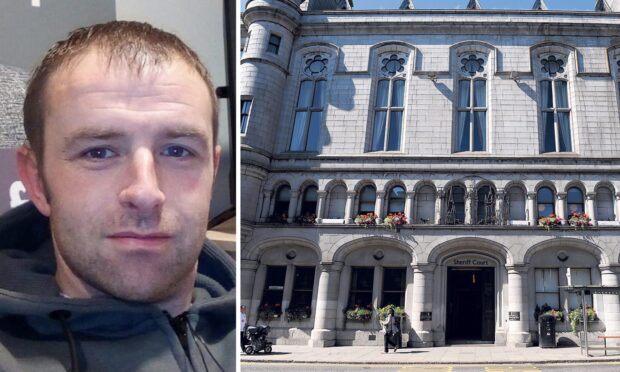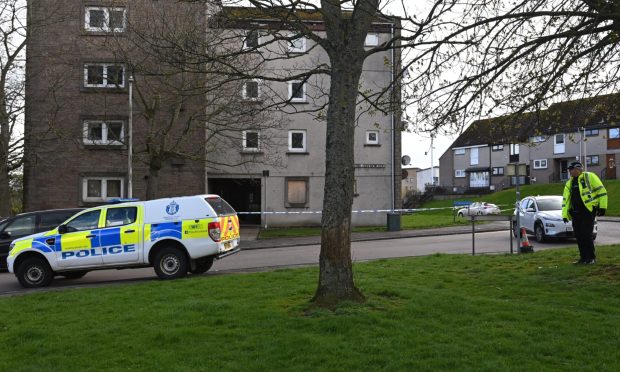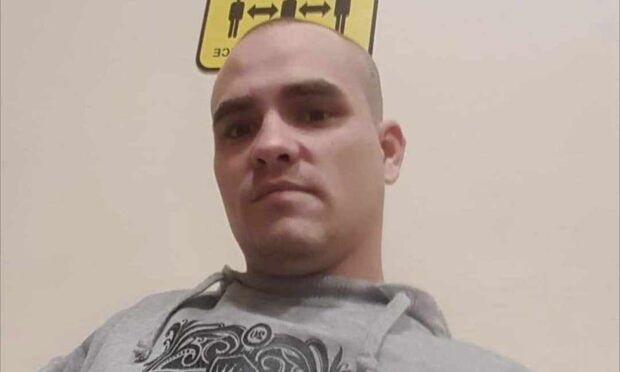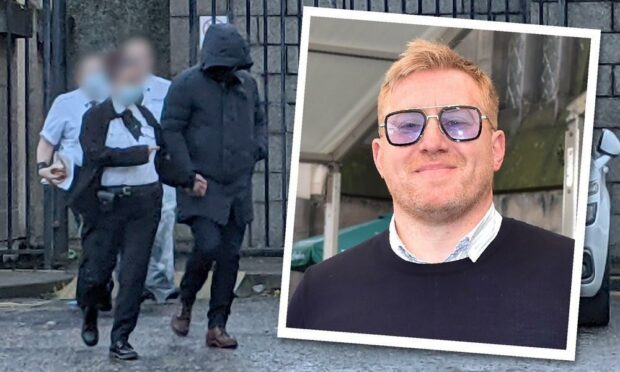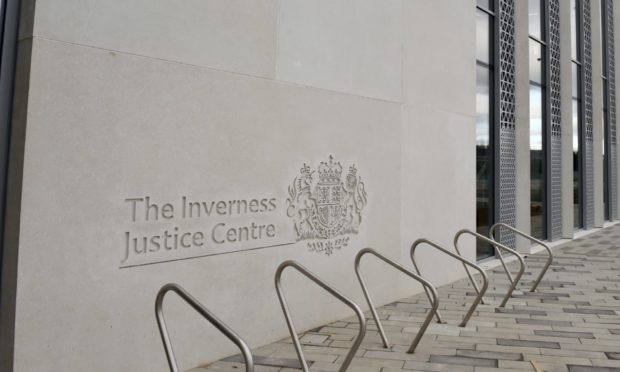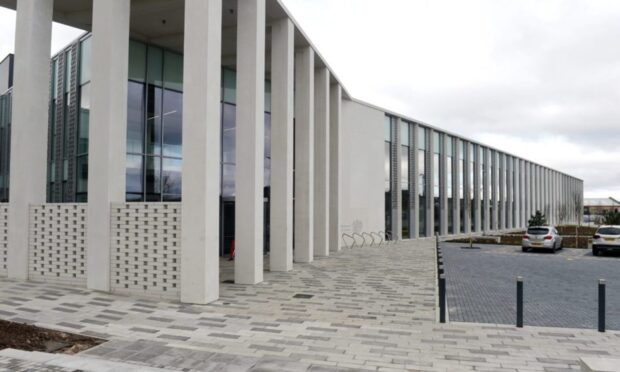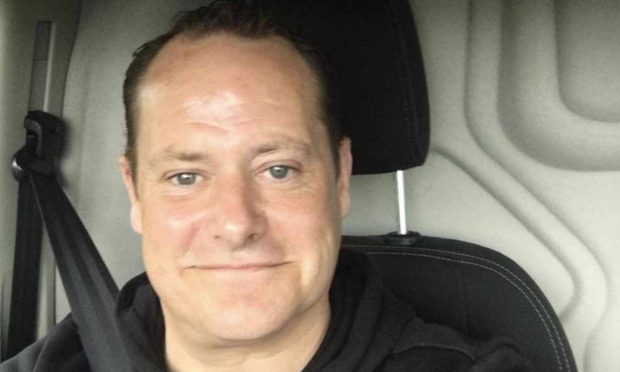A priest accused of carrying out a campaign of sexual abuse against two children almost 50 years ago has been acquitted of one of the charges he faced.
Father John Angus MacDonald is currently on trial at the High Court in Aberdeen, accused of raping a young girl on one occasion and carrying out lewd, indecent and libidinous practices against a schoolboy at various times in the 1950s and 1960s.
The 69-year-old, who is alleged to have committed the offences when he was a teenager, was further charged with repeatedly raping the girl on numerous occasions while acting alongside another child.
However, at the close of the Crown case yesterday MacDonald’s counsel, Mark Stewart QC, submitted to the court that the charge had not been proven.
Advocate depute David Taylor accepted that he had not managed to lead sufficient evidence and Judge Morris, who is presiding over the case, acquitted MacDonald on the first charge on the indictment.
MacDonald, whose address was given in court papers as Ard Tullaich, Ardeonaig, Killin, denies all the remaining charges against him.
The court previously heard evidence from both accusers, who claim to have been targeted by MacDonald when they were children living in the Western Isles.
The woman, who gave evidence first, told the court the abuse had been “opportunistic”, and had taken place over a period of almost five years.
She said that from the age of nine she forced herself to completely “expunge” all memories of what had happened, and that it was not until one day in 1988, when she was meditating, that it “all came flooding back to her”.
Yesterday the court heard evidence from Dr Lisa Cameron, a psychologist who prepared a report on “recovered memories”.
Dr Cameron told the court it was “not that likely” that anyone would “completely forget” a traumatic event or series of traumatic events in their lives.
She said studies had been carried out into “recovered memories”, but there was still “great controversy” within the field.
She added that any such claim should be treated with “great caution” and should always be backed up by a secondary source.
Dr Cameron said that on some occasions people can have “false memories” – when they are led to believe that something which didn’t happen is true.
Father John Angus MacDonald took to the witness stand yesterday and vehemently denied ever having acted in the manner described by his two accusers.
The retired priest, who has suffered from cancer and a rare genetic blood disease, claimed that until a few years ago the complainers were still in close contact with him.
MacDonald said that on numerous occasions throughout his career, as he moved around the country, both the man and the woman spent time in his homes.
And he said they both brought their young families with them when they came to stay.
MacDonald, who studied and taught and Blairs College in Aberdeen, said that throughout their lives he had also been involved in significant events such as weddings and christenings.
The court heard from the female accuser that she had remembered the abuse in 1988, however, documents lodged with the court showed that years afterwards MacDonald started to lend her money when she was struggling financially.
The court also heard that in 1995 both the man and woman attended MacDonald’s silver jubilee to support him.
The woman had told the jury of nine women and six men that the abuse started while they were playing as children.
She said MacDonald’s favourite game was to play at mass when he pretended to be a priest. She said on one occasion she was asked to be a corpse and was “manhandled” by him, starting a pattern of abuse.
When asked about the games by his counsel Mark Stewart QC, MacDonald said he only recalled playing mass on a couple of occasions.
He said that during this time no one was ever asked to be a corpse and insisted the games soon stopped when an adult told him mass was a sacred event which should not be mocked.
The trial in front of Judge Morris continues.
